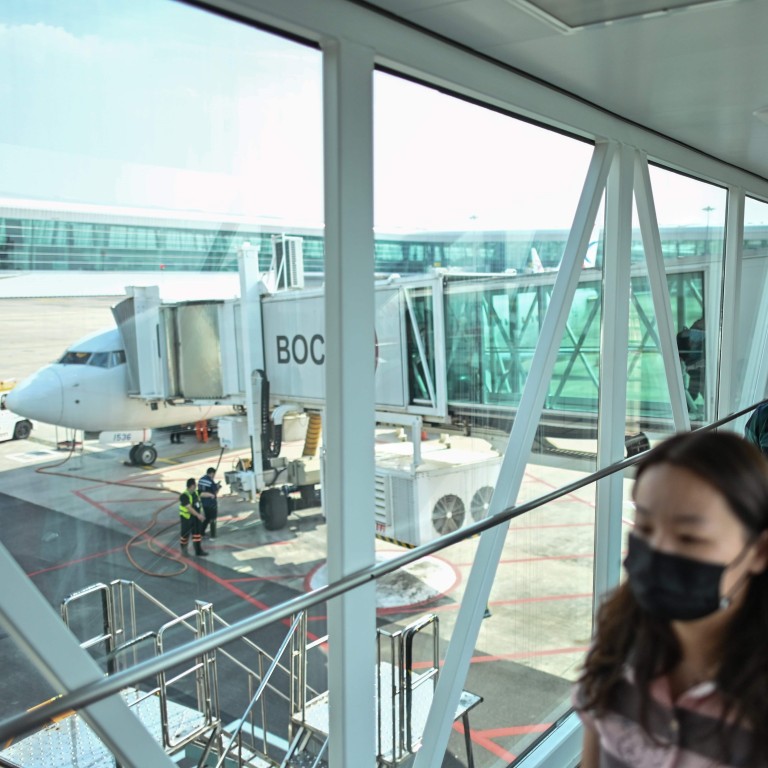
Coronavirus: China can’t reopen while Covid-19 mortality rate remains so high, expert says
- ‘While the pandemic is ongoing, China cannot open to the world completely,’ infectious disease specialist Zhang Wenhong says
- ‘Some diseases are controlled only many years after vaccines are available,’ China CDC’s chief epidemiologist says
“The reopening of the world depends on vaccines, which hopefully will be ready in one to two years,” he said at a forum in Shanghai on Saturday.
“While the pandemic is ongoing, China cannot open to the world completely.”
Foreign nationals holding valid residence permits for work, personal matters or family reunions would be allowed to enter China without applying for new visas, it said.
However, other restrictions introduced in March – such as visitors having to take a coronavirus test on arrival and complete 14 days of quarantine – would remain in place, the statement said.
China has not reported a locally transmitted case since the middle of August. Zhang said the country’s tactic had been to respond rapidly to any new infections by intensifying the screening and examination process and imposing strict control measures in the affected area.
The idea was to “extinguish the flame” within a month, he said.
Explainer | Could a coronavirus test be as simple and fast as a pregnancy test?
About 21,000 frozen products and environmental samples collected from two Russian ships at the port were also tested for the coronavirus, and 51 positive results were returned. Those findings resulted in the customs agency suspending import declarations for the two ships responsible for the tainted goods.
Zeng Guang, chief epidemiologist at the Chinese Centre for Disease Control and Prevention (CDC), said at a separate forum on Saturday that it could take at least three years for the world to bring Covid-19 under control.
“We need time to observe the coronavirus pandemic, which has not been going on for a year. Even after vaccines are ready, it still takes time to check the results,” he said.
“Some diseases are controlled only many years after vaccines are available.”
Nine vaccine candidates, four of them from China, are currently undergoing the final phase of human trials.
The CDC said the first batch of Chinese vaccines would be ready for the general public in November or December.

